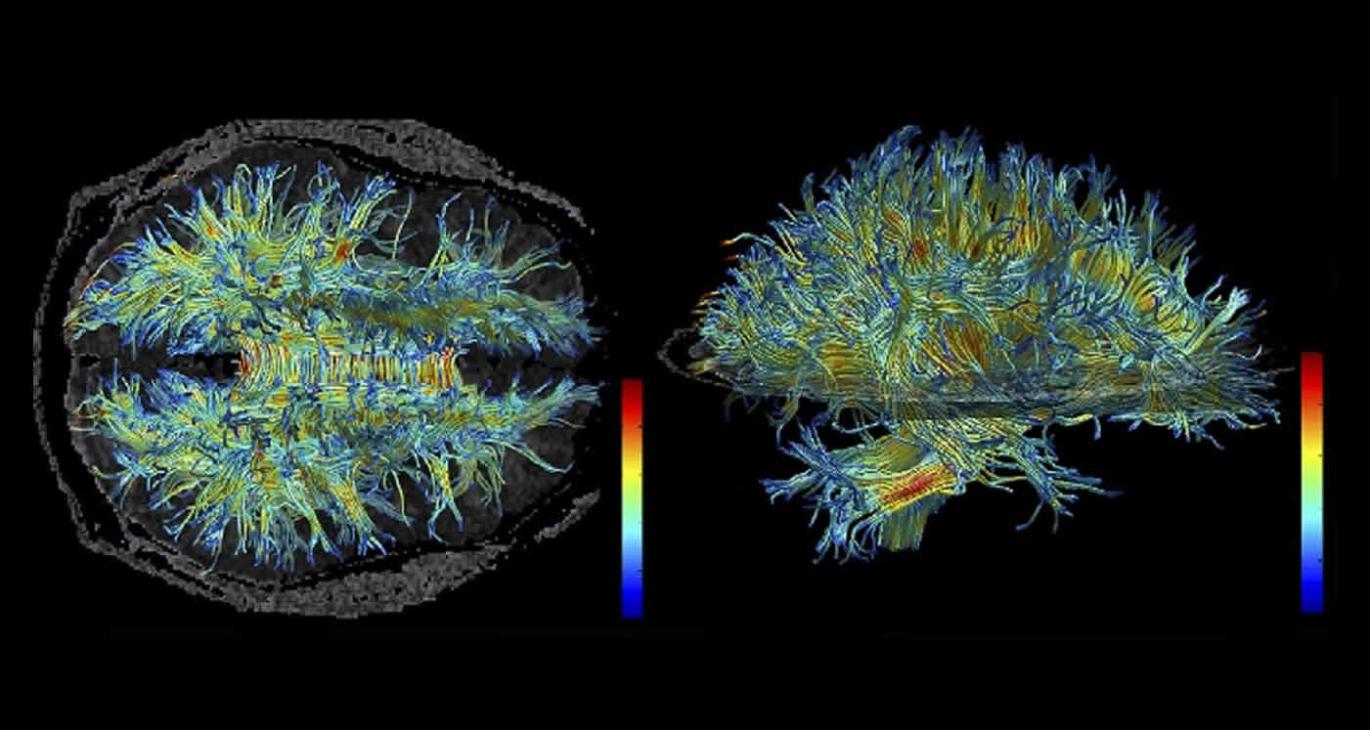How Do Memories Form and Fade in the Brain?
Memories are the cornerstones of our lives, shaping our identities, guiding our decisions, and connecting us to our past. Understanding how memories form and fade in the brain is crucial for unlocking the secrets of our consciousness and developing strategies to improve our cognitive abilities.

The Formation Of Memories
Sensory Input:
- Our senses act as gateways, capturing information from the external world.
- Sensory receptors convert this information into electrical signals, which are transmitted to the brain via neural pathways.
Encoding:
- The process of converting sensory information into a form that can be stored in the brain is known as encoding.
- There are three main types of encoding: acoustic (sound), visual (images), and semantic (meaning).
Storage:
- The hippocampus, a brain region crucial for memory, plays a central role in short-term memory.
- Memories are transferred from short-term to long-term storage through a process called consolidation.
- The prefrontal cortex and other brain regions are involved in long-term memory storage and retrieval.
The Fading Of Memories
Forgetting:
- Forgetting is a natural process that helps us manage the vast amount of information stored in our brains.
- Time plays a significant role in memory decay, as memories gradually fade over time.
Interference:
- Proactive interference occurs when new memories interfere with the retrieval of old memories.
- Retroactive interference occurs when old memories interfere with the formation of new memories.
Emotional Factors:
- Emotions can strongly influence memory formation and retrieval.
- Stress and trauma can negatively impact memory, while positive emotions can enhance memory.
Enhancing Memory
Strategies For Improving Memory:
- Rehearsal and repetition can strengthen memory traces.
- Mnemonics and memory aids can help organize and retrieve information more effectively.
- Active learning and engagement promote deeper processing and retention of information.
- Sufficient sleep and a healthy lifestyle support overall cognitive function, including memory.
The Role Of Neurotransmitters:
- Neurotransmitters like dopamine and acetylcholine play crucial roles in memory formation and retrieval.
- Certain drugs and substances can affect memory by altering neurotransmitter levels.
The study of memory formation and fading is a complex and ongoing field, with new discoveries continuously expanding our understanding of this fascinating aspect of human cognition. By unraveling the mechanisms underlying memory, we gain insights into the nature of consciousness, develop strategies to improve cognitive function, and address memory-related disorders.
As research continues to shed light on the intricacies of memory, we can anticipate advancements in fields such as education, mental health, and artificial intelligence, ultimately leading to a deeper appreciation of the human mind and its remarkable capacity for learning and remembering.
YesNo

Leave a Reply